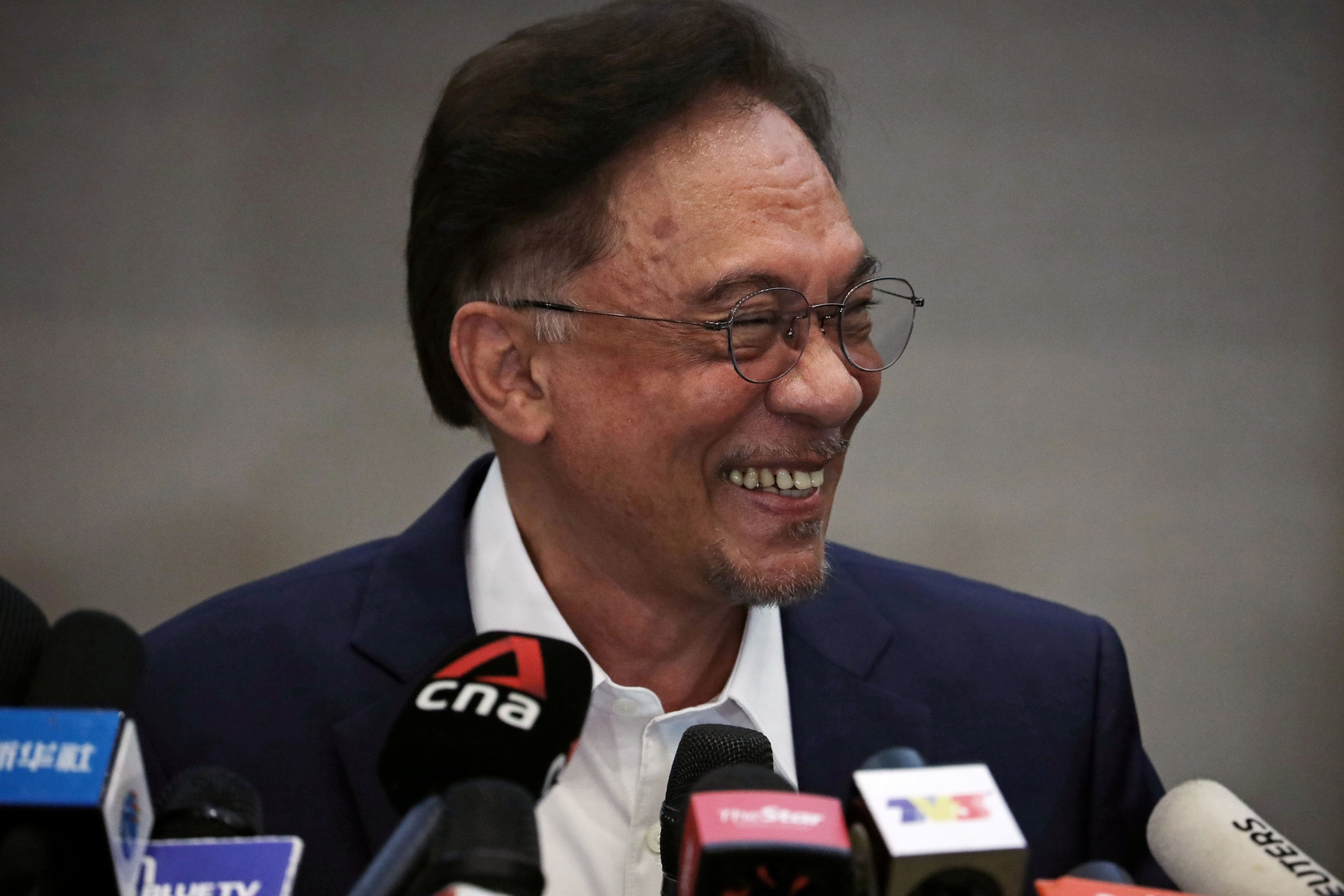What We're Watching: Malaysian PM hopeful, Mozambique needs EU help vs ISIS, Polish fur politics
Malaysian political drama: Malaysia's (eternal) opposition leader Anwar Ibrahim says he finally has enough votes in parliament to be appointed prime minister, seven months after the coalition that was going to support him collapsed amid an internal revolt that also forced out 95-year-old Mahathir Mohamed as head of the government. Two years ago, Mahathir — who governed Malaysia from 1980 to 2003 — shocked the country by running in the 2018 election and defeating his former party UMNO, which had dominated Malaysian politics since independence in 1956. After winning, Mahathir agreed to hand over power to Anwar — a former protégé with whom he had a falling out in the late 1990s — but Mahathir's government didn't last long enough to do the swap. Will Anwar now realize his lifelong dream of becoming Malaysia's prime minister? Stay tuned for the next parliamentary session in November.
Mozambique seeks EU help amid ISIS crisis: After an army assault failed last month to reclaim a strategic port from Islamic State-linked fighters, Mozambique is now turning to the European Union for help, so far to train its military. The jihadis, who took control of the port in northern Cabo Delgado province in mid-July, are still holding out despite frequent attacks by Mozambican soldiers assisted by foreign mercenaries. Meanwhile, the government is running out of ideas for how to put end to a standoff that is affecting major foreign investments in offshore liquified natural gas projects that need access to the port. If the crisis — which has already killed over 1,500 people and displaced more than 300,000 since the rebels first tried to seize the port in 2017 — continues, we're watching to see if Mozambique asks the EU to go beyond training military assistance launch its third combat mission to Africa to prevent ISIS from gaining a foothold in the southern part of the continent.
Polish government cracks up over… fur? Poland's right-wing coalition government is on the brink of collapse after a massive internal revolt over a bill that outlaws the fur industry and prohibits the ritual slaughter of meat for export. The bill was championed by Jaroslaw Kaczynski, leader of the dominant Law and Justice party (PiS), but it provoked a backlash from rural Poles and farmers. In the end, more than a dozen PiS members voted against it, as did the members of junior coalition partner United Poland. The rift isn't just about fur: The leader of United Poland, the ultranationalist Zbigniew Ziobro, is staking a claim to leadership of the Polish conservative movement that has put him directly at odds with PiS party elders. Senior PiS members say they are willing to ditch United Poland, form a minority government, and call fresh elections. But that's a big gamble: in 2019 the PiS managed to cobble together a majority only with United Poland's help.
